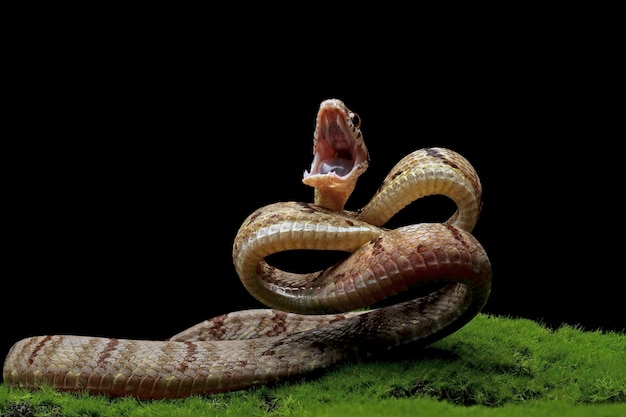Baboon Facts – Discover Fascinating Trivia about These Clever Primates

Baboons are highly intelligent primates.
Baboons are known for their distinctive behaviors and social structures.
Baboons have a unique hierarchical system within their troops.
Male baboons have large canines, which they use for dominance displays.
Baboons are excellent climbers and spend a significant amount of time in trees.
Baboons are adaptable and can be found in various habitats, from forests to savannas.
Baboons have a complex communication system, using vocalizations and body language.
Baboons are omnivorous and eat a wide range of foods, including fruits, insects, and small animals.
Baboons have a specialized stomach that allows them to digest tough plant materials.
Baboons have strong social bonds within their troops and often groom each other for bonding and hygiene.
Baboons are highly territorial and will defend their territory from intruders.
Baboons have excellent eyesight and can detect predators from a distance.
Baboons have a lifespan of about 30 years in the wild.
Baboons have a strong maternal instinct, and females are responsible for caring for the young.
Baboons have been observed using tools, such as using rocks to crack open nuts.
Baboons have distinct facial expressions, which they use to communicate within their troop.
Baboons have a tough skin that protects them from thorny branches and rough terrains.
Baboons have cheek pouches that they use to store food while foraging.
Baboon Facts – Discover Fascinating Trivia about These Clever Primates part 2
Baboons have a large range of vocalizations, including barks, screams, and grunts.
Baboons are fast runners and can reach speeds of up to 30 miles per hour.
Baboons have a unique adaptation called ischial callosities, which are thickened patches of skin on their hindquarters for sitting.
Baboons are known for their strong jaws and can deliver powerful bites.
Baboons have a matriarchal society, with females often leading the troop.
Baboons have a complex social structure that includes alliances and dominance hierarchies.
Baboons have been observed exhibiting altruistic behavior, such as helping injured troop members.
Baboons are highly adaptable to changing environments and can survive in both hot and cold climates.
Baboons have opposable thumbs, allowing them to grasp and manipulate objects.
Baboons have a keen sense of hearing, which helps them detect approaching danger.
Baboons have distinctive baboon-like cries, often used as an alarm call to alert the troop of potential threats.
Baboons have a well-developed sense of smell, which they use for finding food and identifying other troop members.
Baboons have complex grooming rituals, which not only serve for hygiene but also strengthen social bonds.
Baboons have a strong sense of hierarchy, with dominant individuals often receiving preferential treatment.
Baboons have a diverse diet, which includes leaves, grasses, roots, and even small vertebrates.
Baboons have sharp canine teeth, which they use for self-defense and aggressive displays.
Baboons have a distinct mating ritual that involves grooming, vocalizations, and displays of dominance.
Baboons have a sophisticated facial recognition system, which helps them distinguish between individuals in their troop.
Baboons have been observed using rocks as weapons during territorial disputes.
Baboons have powerful hind limbs, which allow them to leap across large distances.
Baboons have a high reproductive rate, with females typically giving birth every two years.
Baboons have a remarkable memory, allowing them to navigate their intricate social dynamics.
Baboons have a flexible diet and will eat opportunistically, adapting to the available food sources.
Baboons have a strong instinct for survival and can endure harsh conditions.
Baboons have a unique adaptation called the ischial callosities, which are hairless pads on their behinds for comfortable sitting.
Baboons have a well-developed social structure, with grooming playing a critical role in maintaining relationships.
Baboons have a wide range of facial expressions, from wide grins to threatening stares, indicating their emotions and intentions.

